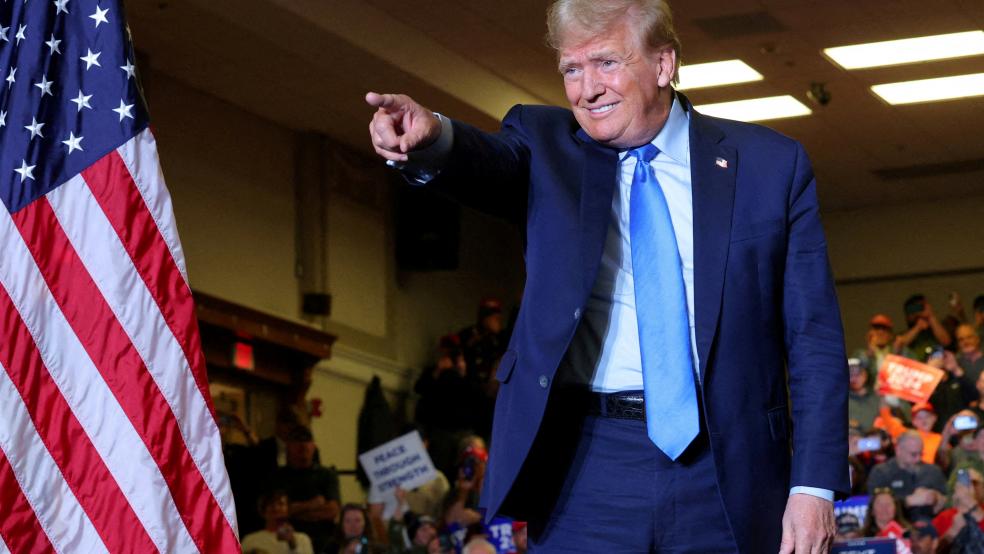Republican lawmakers say they will push to extend the 2017 tax cuts for individuals set to expire at the end of next year, laying the groundwork for what is expected to be a major battle over fiscal policy that could reach well into 2025. But extending existing tax cuts is not all Republicans are planning; according to The Washington Post’s Jacob Bogage, some GOP lawmakers want to pass new tax cuts next year if they expand their power in the fall election, with a focus on helping businesses.
The 2017 tax law – passed by Republicans in Congress and signed into law by then-President Donald Trump – includes individual and corporate tax cuts, with the former set to expire at the end of 2025 for budgetary purposes and the latter made permanent. Republicans are signaling that those permanent corporate tax cuts, which include a reduction of the top income tax rate from 35% to 21%, didn’t go far enough.
Rep. Steve Scalise, the Republican from Louisiana who serves as the House Majority Leader, told the Post that his caucus is not satisfied with the current top corporate rate. “We want to keep rates as low as we can, ideally lower than 21 percent,” he said.
Anti-tax activist Grover Norquist told the Post that there is a “discussion” going on about reducing the corporate rate to 15% or maybe even lower, with a sub-15% rate intended to strike a blow against “globalists” who are working toward a global minimum tax rate of 15%.
The White House pushes back: The Biden administration seized upon the Post story, saying it highlights the difference between the policies of Presidents Biden and Trump.
“The Washington Post exposes that congressional Republicans are plotting even more deficit-busting tax giveaways to major corporations on top of extending the Trump tax scam for rich special interests,” deputy press secretary Andrew Bates said in a memo. “Republican officials who back MAGAnomics stand up for price gouging, tax giveaways for the rich, and across the board tariffs that would all raise prices, and they’d sell the middle class out with a skyrocketing deficit and cuts to Medicare and Social Security.”
Whatever the politics, it’s clear that further reductions in the corporate tax rate would put upward pressure on the deficit and debt. Analysts at MIT and Stanford reviewed the potential cost of various Republican tax proposals, including one that would lower the top corporate income tax rate to 15% and another that would lower it to 18%. Using projections developed by the Office of Management and Budget, they found that a six-point reduction would cost $1.1 trillion over 10 years, while a three-point reduction would cost $628 billion.




